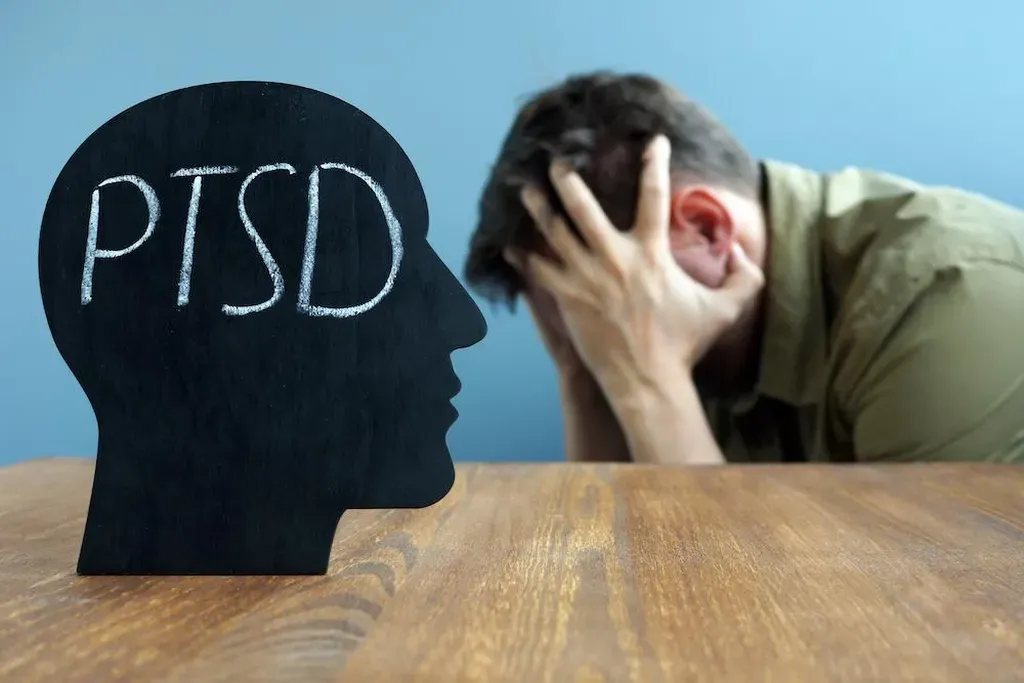
Post-traumatic stress disorder, or PTSD, is a life-altering condition that can affect your life. It may impact your reactions to a variety of experiences. PTSD is transformative in multiple ways.
But a diagnosis of PTSD is far from being a sign that your life is over or that you have to learn to accept it. The providers at Nurocoach explain four encouraging facts about PTSD.
An estimated 3.6% of all adults under the age of 54 deal with PTSD. It usually occurs as a result of traumatic exposures in the past, identified by a set of specific symptoms. You may have PTSD if you experience any of the following symptoms:
PTSD can have an impact on your life, but you can overcome it.
If you have PTSD related to an event you experienced, you have several reasons to feel encouraged. Here are some of the reasons why you should have hope.
Cognitive behavioral therapy, or CBT, can offer you help. When you seek the assistance of a therapist, you will learn these skills. CBT works with you to reframe your thoughts and examine them differently.
Many of your thoughts may not accurately reflect your experiences. The providers at Nurocoach work with you to identify your thoughts and re-establish a basis of reality. We also help you learn how to think about things differently.
Although many people with PTSD also have co-existing disorders, including substance abuse issues, once it’s recognized, treatment is usually successful.
In addition to CBT, PTSD treatments include other methods, such as eye-movement desensitization reprocessing (EMDR) and exposure therapy.
Various medications can help treat PTSD. These include the following:
We may need to try a few different medications to find the right combination, but we work hard to choose the best medicines to help you.
Do your best to live a healthy lifestyle by eating a well-balanced diet, getting regular exercise, getting a good night’s sleep, managing your stress well, and avoiding attempts to self-medicate to deal with your pain.
Allow your treatment plan some time to start working. Once you start treatment, it takes a while to work. Be patient with the process, and you will soon feel better..
If you are suffering from the symptoms of PTSD, you can begin to recover. Contact the providers at Nurocoach today or request an appointment online for a consultation via telehealth or at one of the offices in Katy or Houston, Texas.